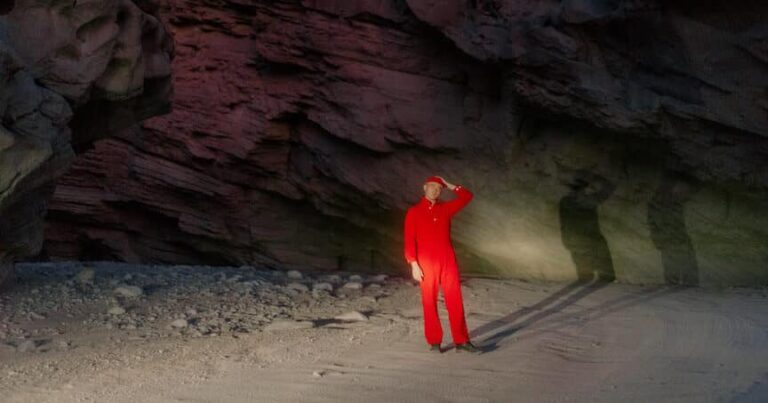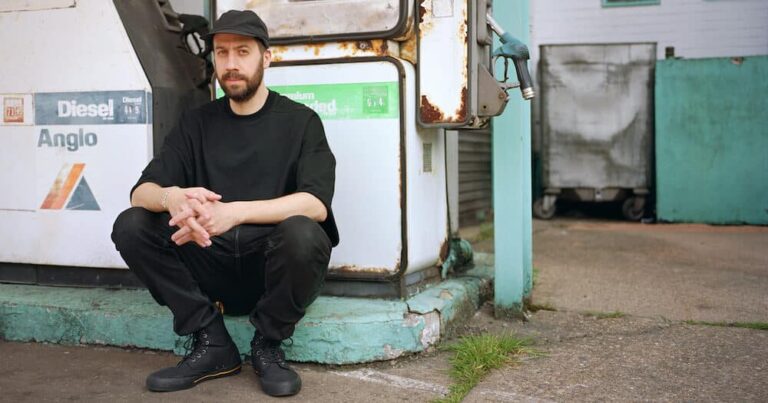If you had to choose one thing that captures the most enjoyable aspects of driving, would you consider a convertible? Most of the earliest cars started out with no roof, as making that structure added cost and complexity, but when mass-produced bodies became normal the joy of open-air motoring became a luxury. These days a cabriolet top involves extensive re-engineering of the body to ensure safety, good handling and refinement as well as a long life and reliability.
With a £30,000 budget – the same as a new, middle-of-the-range family SUV, you could get a luxurious, eye-catching and confidence-inspiring convertible. At that price, the variety is astonishing, so we’re looking at the very best buys that will be warm and refined in winter, and full of sunshine in summer.
Prices vary wildly, and in summer, dealers may get a bit optimistic (we always say, buy a convertible in winter – but who can resist looking when the sun’s shining?). Make sure you’re paying a fair amount with a Parkers car valuation, and before buying older cars, check the MOT history online as well.
1: Mercedes E-Class Cabriolet (2017-on), from £25,000
Most open-topped cars are full of compromises; the E-Class manages to deliver a convertible experience for four without changing habits or lifestyle to fit the car. It’s big, of course, but not too big for most parking spaces, and that size means rear passengers get acceptable legroom and enough space to get in and out of the car even with the roof up. Technology ensures comfort no matter what the weather – it even blows warm air around your neck to form the AirScarf – and you can have all-wheel drive with 4Matic models. It’s an expensive car new, but you’ll find appealing, well-maintained models from Mercedes-Benz Approved Used within your budget.
2: BMW 4-Series Convertible (2014-2020), from £13,000
For a while, the answer to a year-round convertible was the folding hardtop. Made popular with the Mercedes SLK in 1996, made cheap with the Peugeot 207cc in 2001, it turned out to be BMW who would get the perfect balance of looks, practicality and appeal. The 4-Series offers four seats, a style that at first glance looks like a hardtop coupe, and a genuinely open feeling with the roof down. It’s also really good to drive. You can get economical diesel, or powerful M3 models, and the option of xDrive all-wheel-drive, so this really is a convertible for all seasons.
3: Audi A5 Cabriolet (2017-on), from £20,000
The award-winning Audi A5 Cabriolet is one of the most sensible convertibles you can buy. Low running costs, secure front-wheel drive handling, a strong body with little scuttle shake (vibration through the body on rough roads, which is typical on many open-topped cars), it has slightly less boot space than you would want for a car of this length but is a solid all-round performer for family duties, commuting, and those idyllic road trips to Europe or the coast. 2.0-litre petrol models are a safe bet, but you can always go for the S5 or RS5 if you want more go with your show.
4: MINI Convertible (2016-on), from £10,000
As the name implies, this is not a spacious option. In fact, the MINI Convertible is about as small as you can get without choosing the two-seater Smart Cabrio. But if you only need two seats most of the time, the MINI’s boot and rear seats can carry a lot of luggage or shopping. One of the best features of the MINI is its clever multi-position roof; it folds in a very clever way rather than stacking, but it can also be partially-opened at normal driving speeds like a big sunroof, sliding back over the front seats. All this, and it’ll find the last parking space in London? It’s arguably the best small convertible made in decades.
5: Mazda MX-5 (2016-on), from £12,000
Not every convertible has to be practical. The name roadster carries with it a century of purpose, a car designed to make the most of… yes, roads. The 1960s defined the genre, with the MG B, Triumph Spitfire and similar all delivering thrills and affordable bills, and Mazda’s kept the tradition going since 1990 with the MX-5. You can buy a new one for less than £30,000 and while you can, you probably should – but used examples are affordable enough to run a cheap practical car alongside. You can also get the RF folding hardtop model, or Fiat 124 for something a little different. All of them offer involving, open-air fun for supermini money.
Convertible buying tips:
- Check for leaks/damp on the carpets.
- Examine the folding mechanism carefully as it operates – does it sag or snag?
- Look for roof repairs on fabric tops.
- Check the doors for damage – they’re longer than normal.
- Make sure any accessories, like folded roof covers or reat-seat wind deflectors, are included and work.
- Drive with the roof up over 50mph – listen for whistles around windows (there will be more noise than normal, but it shouldn’t have draughts).
Extra links if useful:
Mercedes E-Class Cabriolet: https://www.parkers.co.uk/mercedes-benz/e-class/cabriolet/review/
BMW 4-Series Convertible: https://www.parkers.co.uk/bmw/4-series/convertible-2014/used-review/
206cc: https://www.parkers.co.uk/peugeot/206/coupe-cabriolet/review/
Audi A5 Cabriolet: https://www.parkers.co.uk/audi/a5/cabriolet/review/
MINI Convertible: https://www.parkers.co.uk/mini/convertible/convertible/review/
Mazda MX-5 review: https://www.parkers.co.uk/mazda/mx-5/review/
